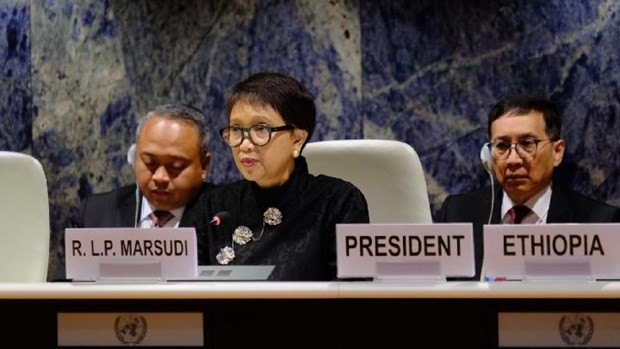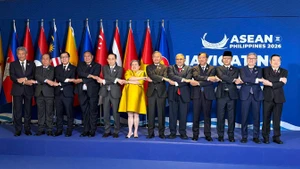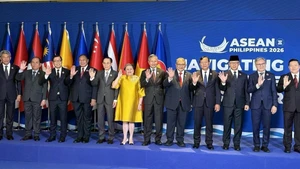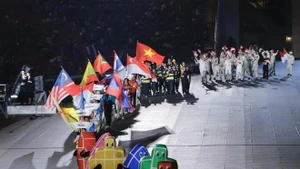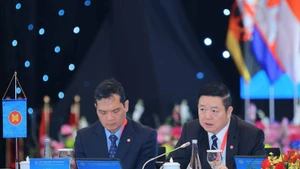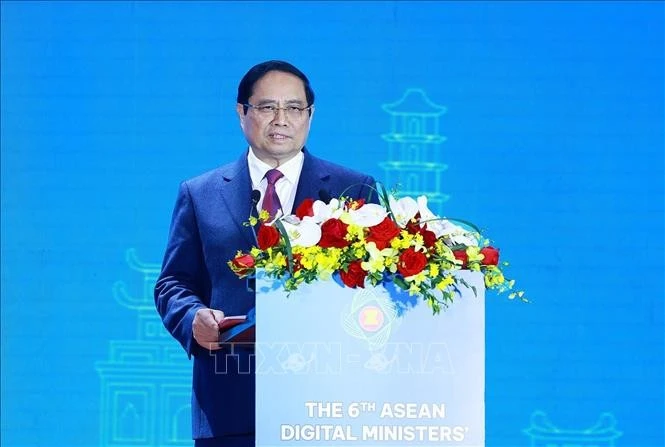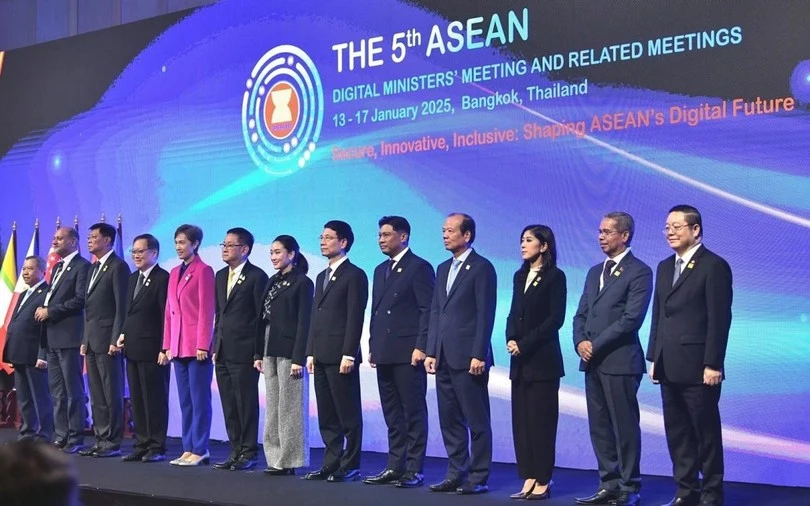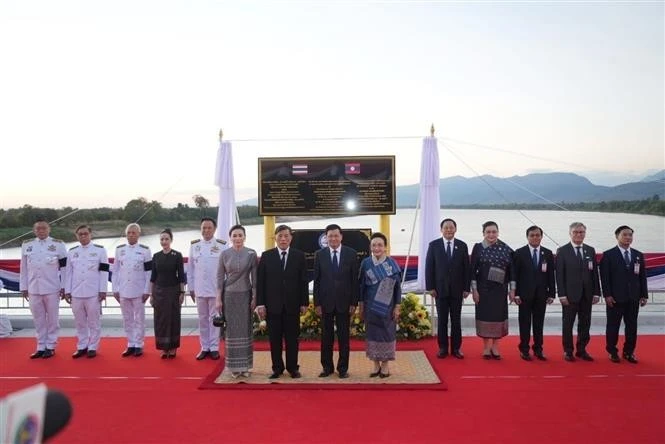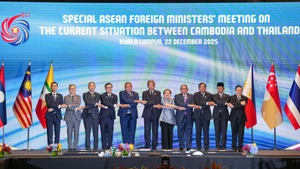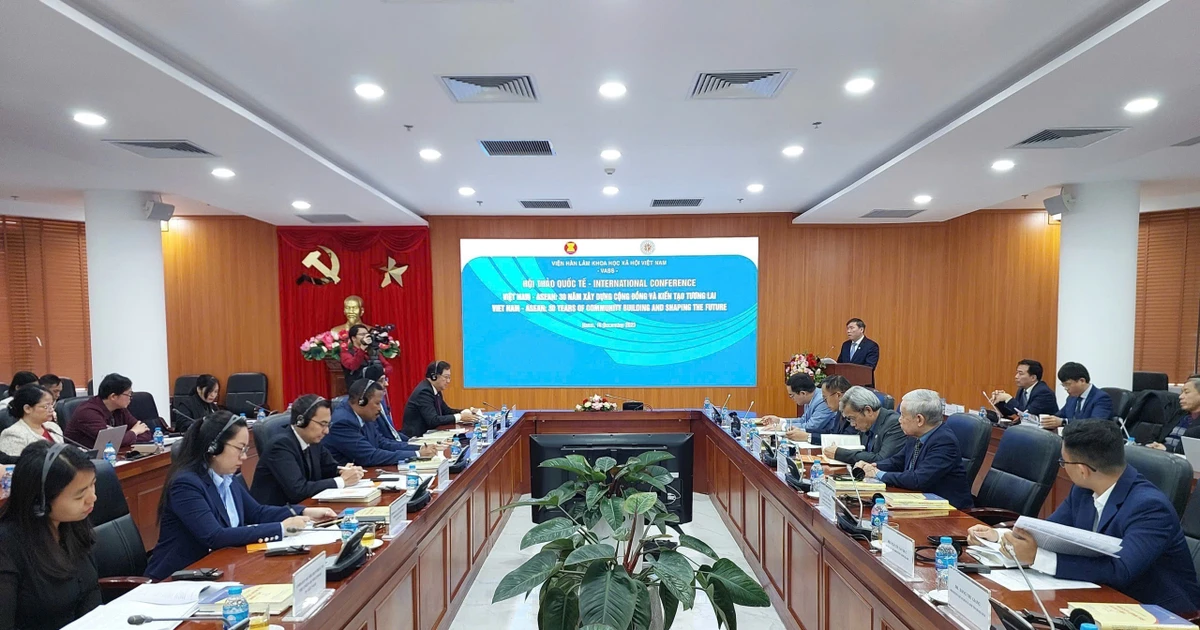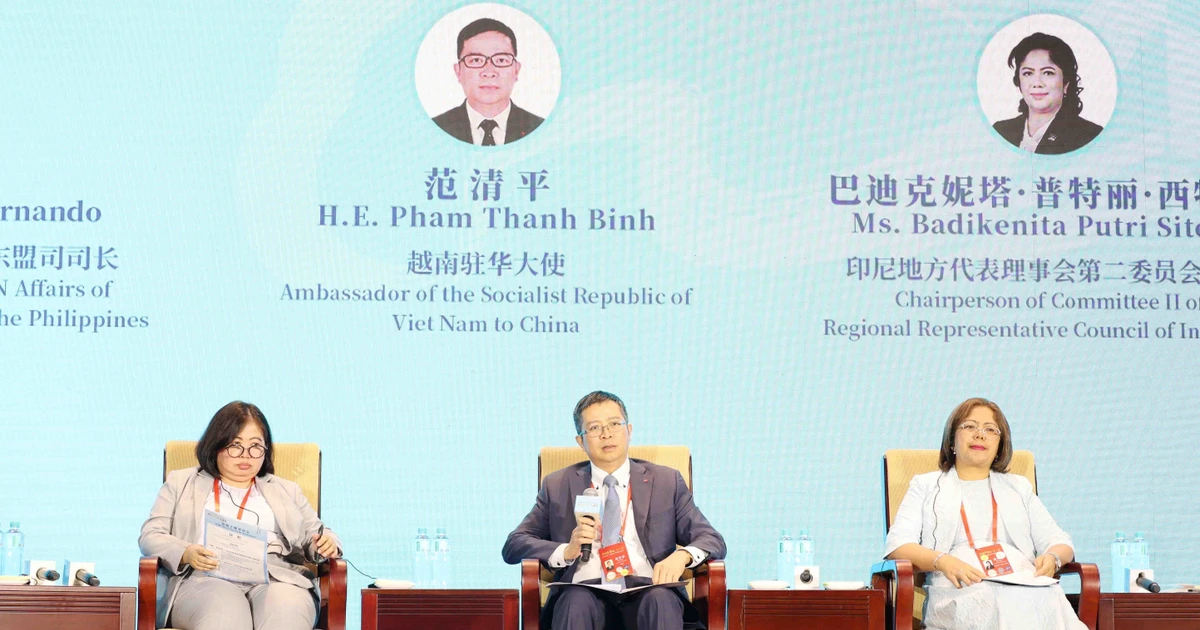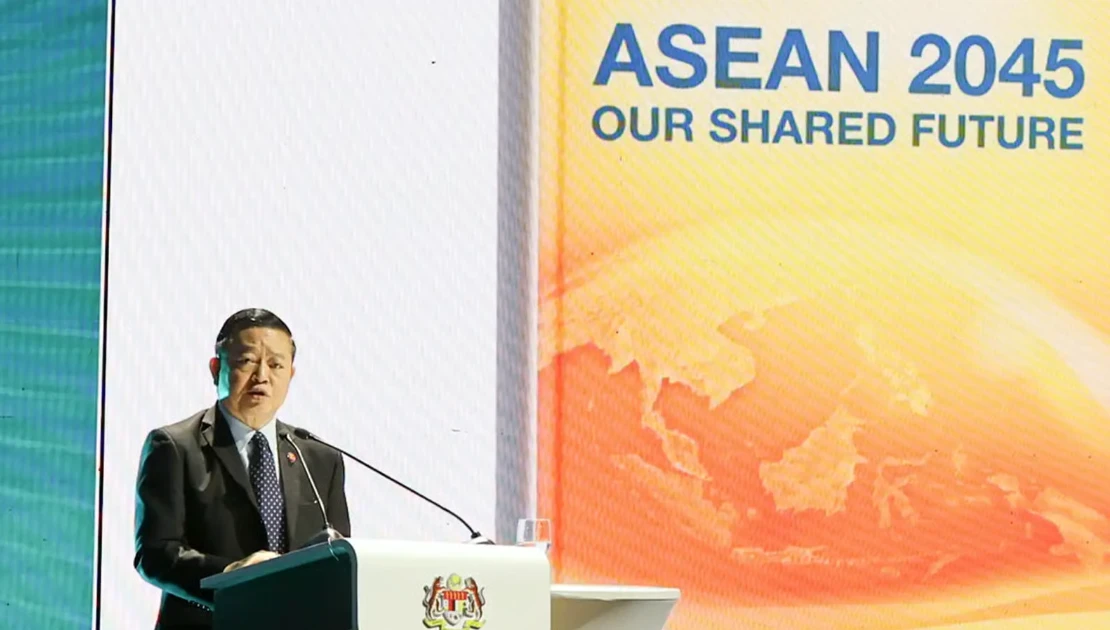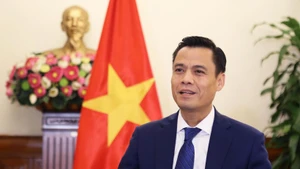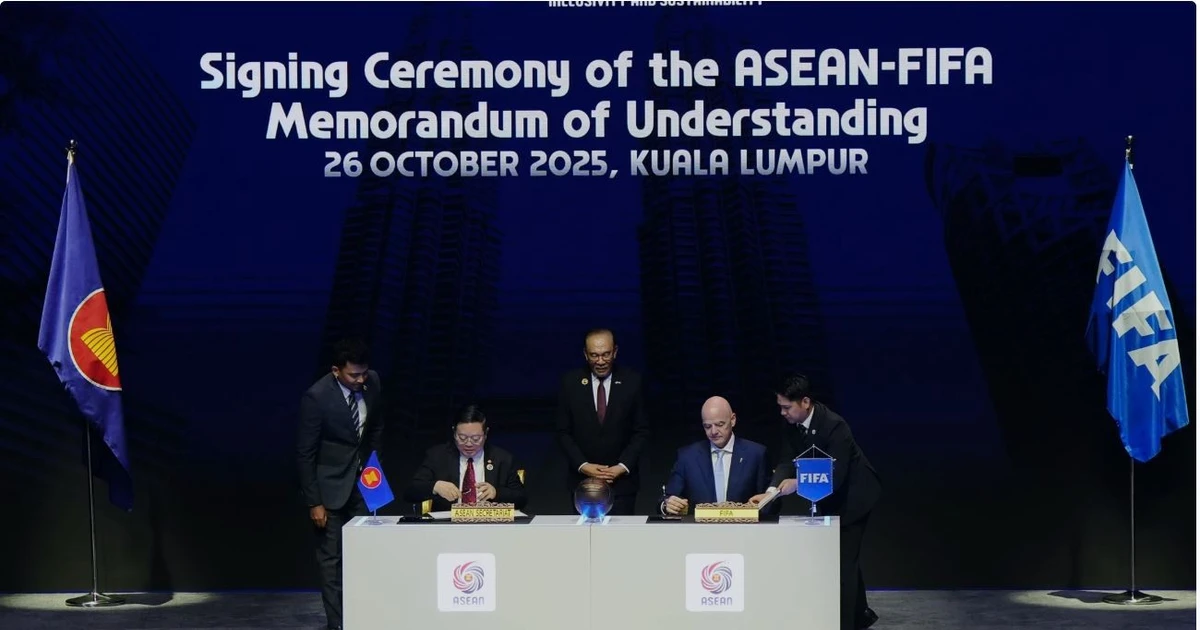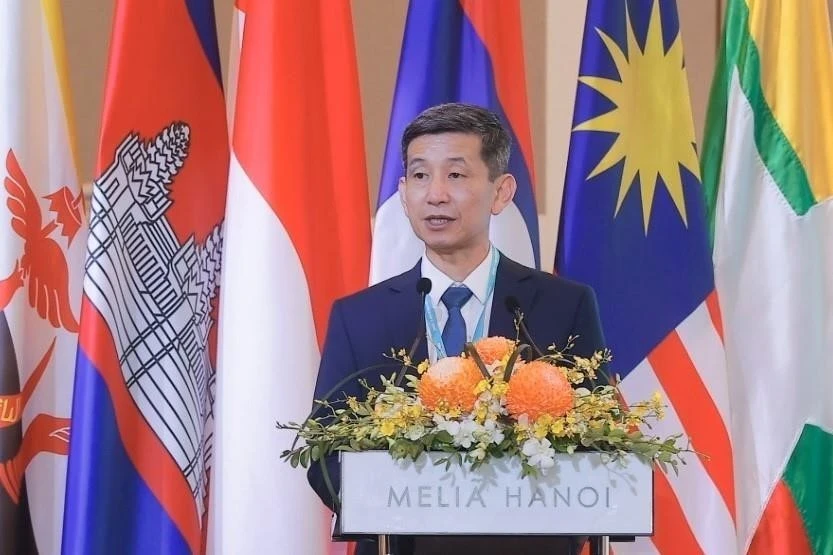The country has started negotiations with the five partners of the bloc which are nuclear-armed states, namely China, France, Russia, the UK and the US, to sign the Protocol to the Treaty on the Southeast Asia Nuclear Weapon-Free Zone (SEANWFZ Treaty). China was the first among the countries to express willingness to sign the protocol.
In his recent statement, former Indonesian Ambassador to Chile Aloysius Lele Madja said China’s plan to sign the protocol will be “very beneficial to ASEAN”, and may prompt other countries to sign it.
SEANWFZ Treaty, which also known as the Bangkok Treaty, was signed by all ASEAN members in 1995, committing not to develop, manufacture or otherwise acquire, possess or have control over nuclear weapons, station or transport nuclear weapons, or test or use nuclear weapons.
They also committed not to discharge radioactive material or waste into the sea, into the atmosphere or on land within the zone.
ASEAN members can only use nuclear material and facilities “exclusively for peaceful purposes” and any nuclear energy programme needs to undergo a rigorous nuclear safety assessment conforming to guidelines and standards recommended by the International Atomic Energy Agency (IAEA).
The treaty entered into force in 1997.
